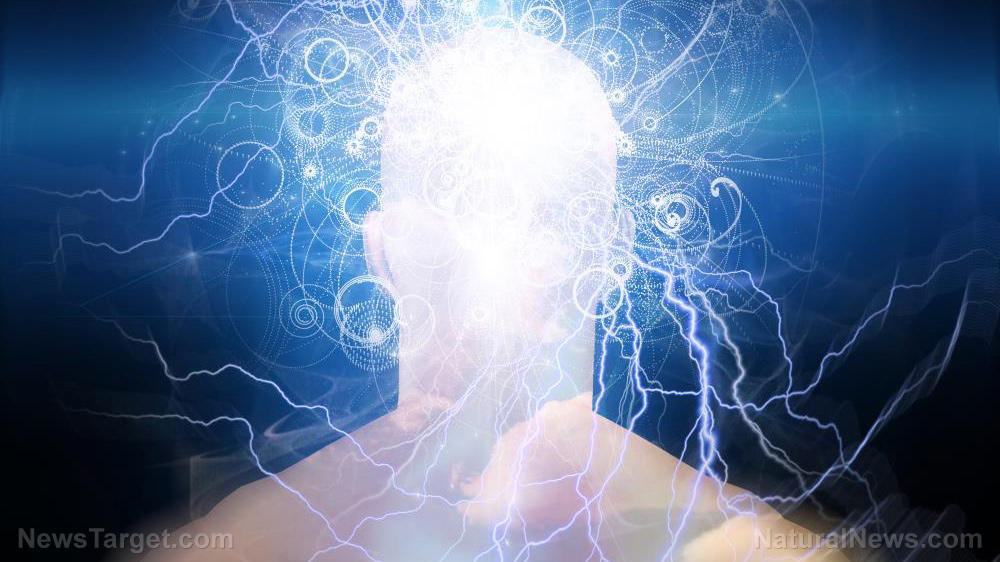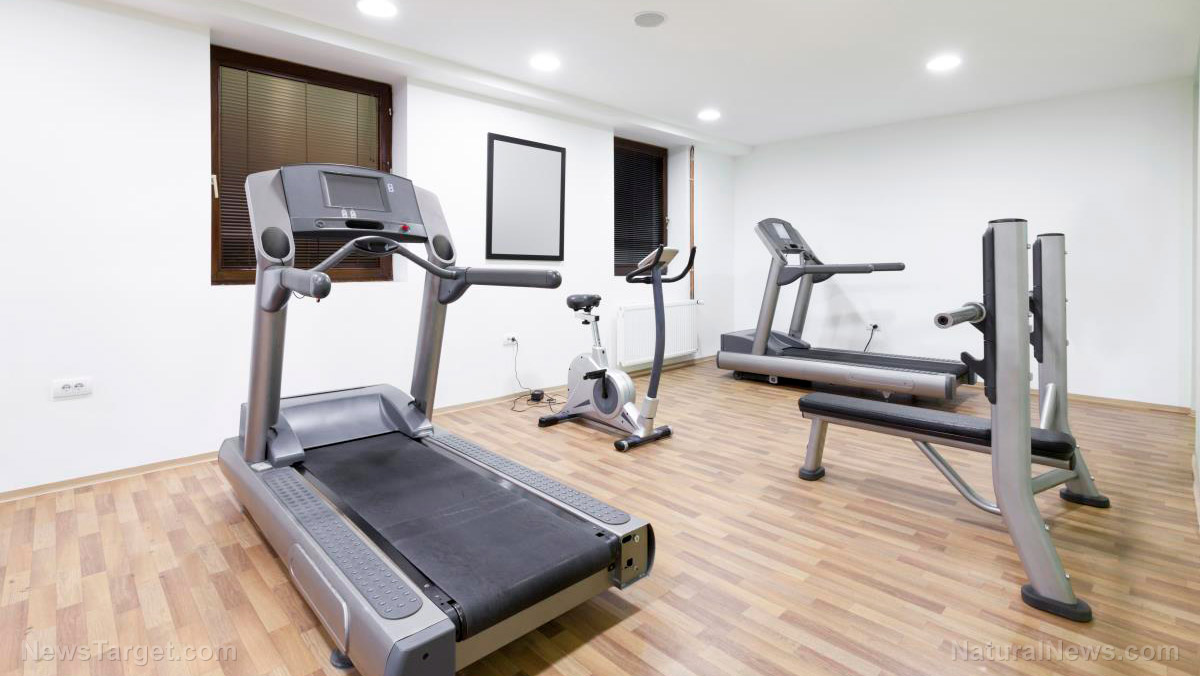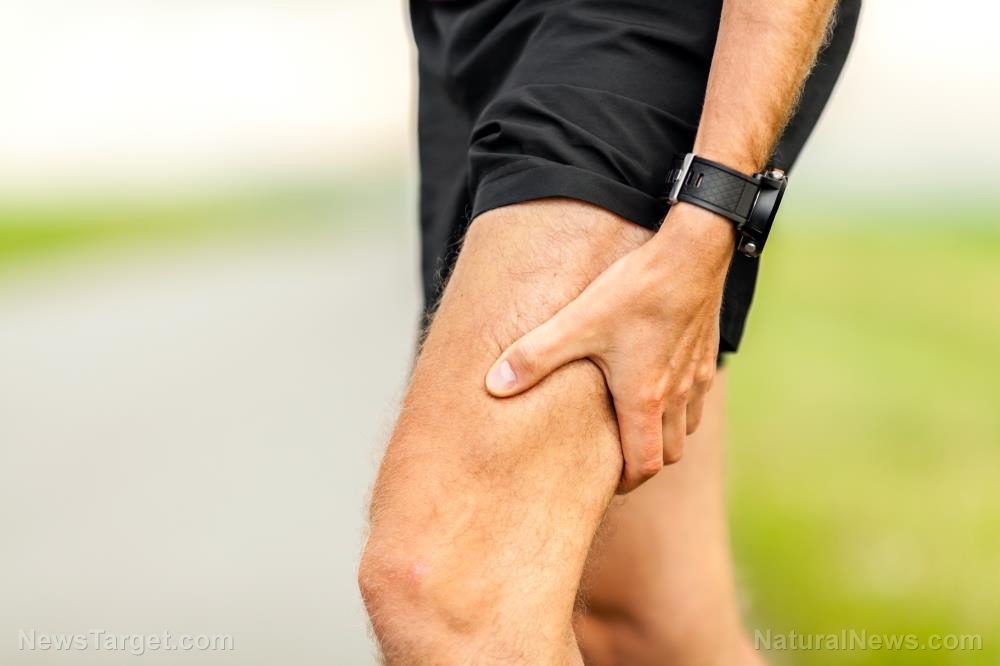Magnetic stimulation of the brain can help prevent age-related memory decline, suggest researchers
09/15/2019 / By Lance D Johanson

Researchers from Northwestern University in Chicago conducted a pilot study that tested the effectiveness of transcranial magnetic stimulation for the prevention of age-related memory decline. The results, published in an online issue of Neurology on April 17, 2019, suggest that memory can be enhanced temporarily using magnetic fields. The magnetic fields purportedly stimulate nerve cells in the brain, boosting brain activity in the hippocampal-cortical network. This part of the brain helps create, store, and retrieve memories.
The device used in this study contains an electromagnetic coil. The researchers held the coil adjacent to a participant’s scalp. Short bursts of magnetic energy course through the participant’s scalp to target specific regions of their brain. Study author Joel L. Voss, Ph.D. said, “With stimulation, we were able to essentially excite the areas of the brain that are involved in memory formation in older adults, improving their ability to recall items as well as younger adults.
Immediately after magnetic stimulation, elder adults memorize as well as 25 year-olds.
Fifteen people with an average age of seventy-two participated in the study and were asked to complete memory tasks. These adults showed signs of age-related memory loss, but could still think clearly. They did not show signs of Alzheimer’s or dementia. Another group of adults with an average age of twenty-five performed the same memory task as the elder adults. In the first week, the elder adults submitted to transcranial magnetic stimulation once a day for five days in a row. In the second week, the elder adults underwent a fake treatment. Under the fake treatment, they submitted to the electromagnetic coil but did not receive a significant dose of magnetic energy. The elder participants did not know when they were receiving a real treatment or a fake one.
Afterward, the researchers tested the participant’s ability to recall objects and determine their relationship to one another. This memory test was initiated at study onset, one day after the treatment was completed, and a week after the treatment was finished. The participants underwent magnetic resonance imaging (MRI) so the researchers could measure their brain activity throughout the experiment. The MRI showed increases in brain activity in the area responsible for memory formation. The participants recall ability improved by thirty-one percent just one day after the experiment. At study onset, participants answered 33 out of 84 questions correctly. After stimulation, the participants answered, on average, ten more questions correctly and scored as well as the 25 year-olds.
“Memory improvements were highly consistent for participants after receiving stimulation, and participants were able to recall memories just as well as the group of young adults to whom they were compared at the start of the study, but the gains were temporary,” said Voss. The memory improvements did not last long, though. After one week, memory recall faded away. In the end, there was no difference in memory recall for those who received the magnetic stimulation or the fake treatment.
Voss concludes, “Disruption and abnormal functioning of the hippocampal-cortical network, the region of the brain involved in memory formation, has been linked to age-related memory decline, so it’s exciting to see that by targeting this region, magnetic stimulation may help improve memory in older adults. These results may help us better understand how this network supports memory.”
Transcranial magnetic stimulation is currently an FDA-approved treatment for depression. This treatment method can stimulate nerve cells in the region of the brain involved with mood. For more on this topic, visit Brain.News.
Sources include:
Submit a correction >>
Tagged Under:
age-related memory decline, aging secrets, brain function, brain health, discoveries, hippocampus, longevity, magnetic energy, magnetic stimulation, memory, recall ability, research
This article may contain statements that reflect the opinion of the author
RECENT NEWS & ARTICLES
LongevityScienceNews.com is a fact-based public education website published by Longevity Science News Features, LLC.
All content copyright © 2018 by Longevity Science News Features, LLC.
Contact Us with Tips or Corrections
All trademarks, registered trademarks and servicemarks mentioned on this site are the property of their respective owners.




















